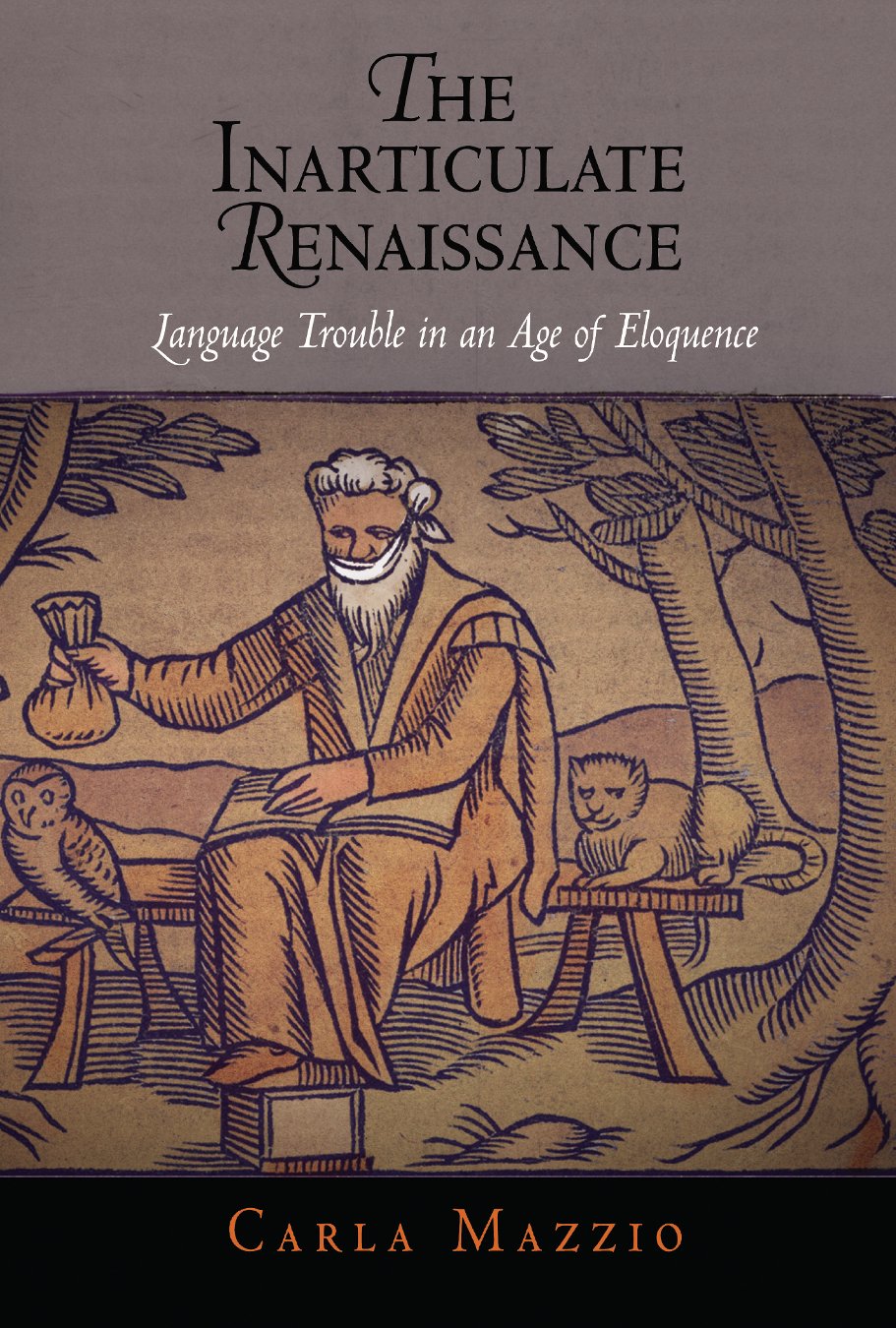

Most ebook files are in PDF format, so you can easily read them using various software such as Foxit Reader or directly on the Google Chrome browser.
Some ebook files are released by publishers in other formats such as .awz, .mobi, .epub, .fb2, etc. You may need to install specific software to read these formats on mobile/PC, such as Calibre.
Please read the tutorial at this link: https://ebookbell.com/faq
We offer FREE conversion to the popular formats you request; however, this may take some time. Therefore, right after payment, please email us, and we will try to provide the service as quickly as possible.
For some exceptional file formats or broken links (if any), please refrain from opening any disputes. Instead, email us first, and we will try to assist within a maximum of 6 hours.
EbookBell Team

5.0
48 reviewsThe Inarticulate Renaissance explores the conceptual potential of the disabled utterance in the English literary Renaissance. What might it have meant, in the sixteenth-century "age of eloquence," to speak indistinctly; to mumble to oneself or to God; to speak unintelligibly to a lover, a teacher, a court of law; or to be utterly dumfounded in the face of new words, persons, situations, and things? This innovative book maps out a "Renaissance" otherwise eclipsed by cultural and literary-critical investments in a period defined by the impact of classical humanism, Reformation poetics, and the flourishing of vernacular languages and literatures.
For Carla Mazzio, the specter of the inarticulate was part of a culture grappling with the often startlingly incoherent dimensions of language practices and ideologies in the humanities, religion, law, historiography, print, and vernacular speech. Through a historical analysis of forms of failed utterance, as they informed and were recast in sixteenth-century drama, her book foregrounds the inarticulate as a central subject of cultural history and dramatic innovation. Playwrights from Nicholas Udall to William Shakespeare, while exposing ideological fictions through which articulate and inarticulate became distinguished, also transformed apparent challenges to "articulate" communication into occasions for cultivating new forms of expression and audition.